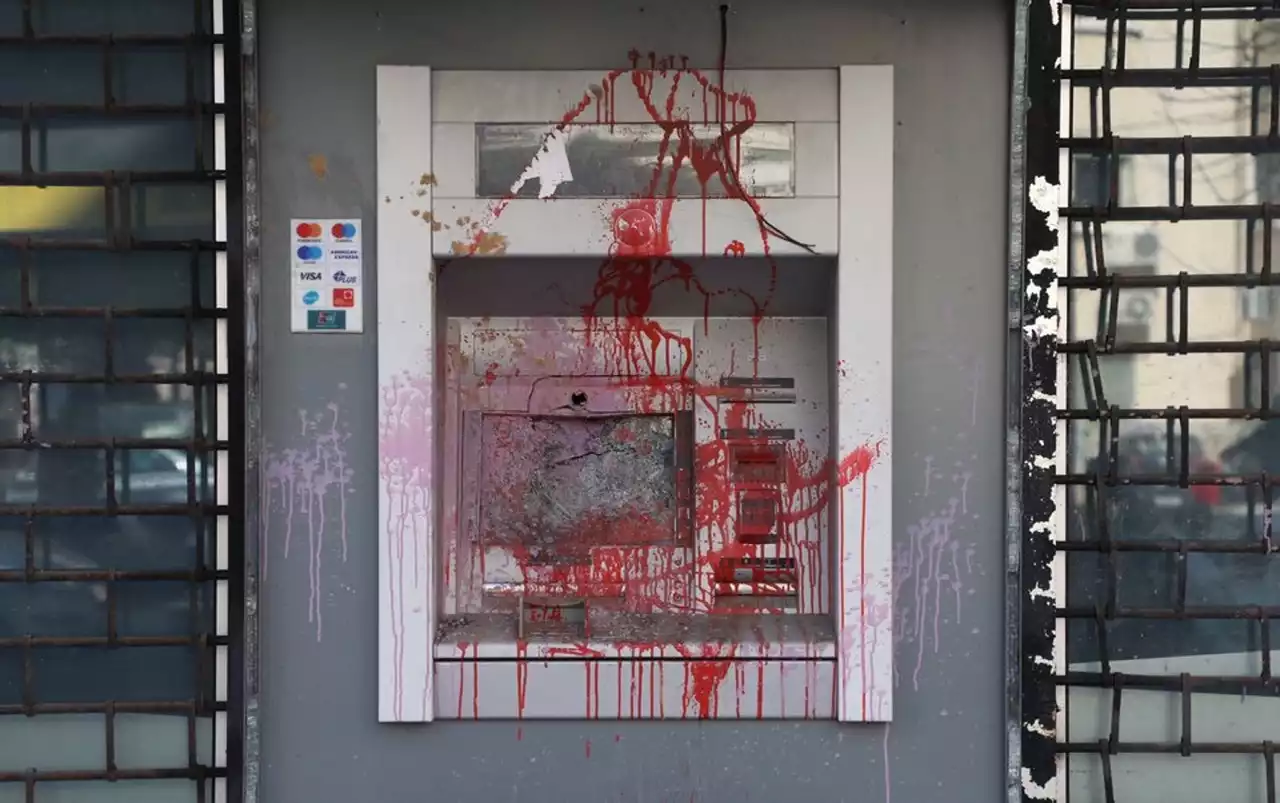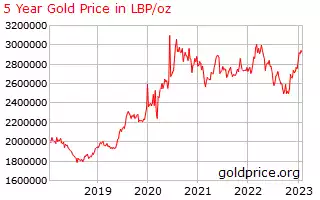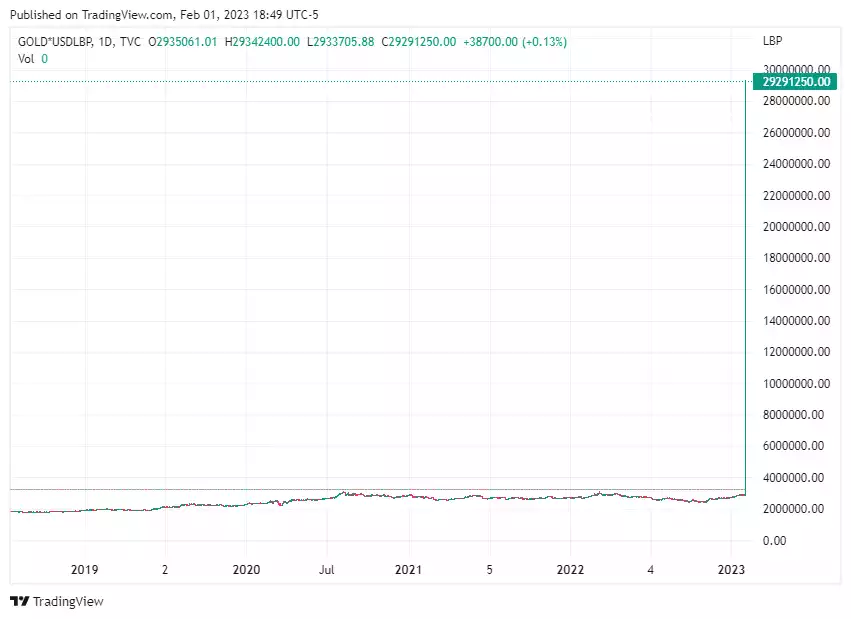Lebanese Pound Devalues by 90% Overnight
News
|
Posted 02/02/2023
|
12167
Lebanon Central Bank Chief Riad Salameh announced a plan yesterday to officially devalue their domestic currency by roughly 90%, pegging it at 15,000 Lebanese Pounds per US dollar. The move is the first piece of action taken by the Lebanese Government or Central Bank in response to the economic crisis that has plagued the nation for years, which culminated in widespread protests and bank collapses in 2019.
Since 1997, the Lebanese Pound has been pegged to the US dollar at a rate of 1507.5 per USD. The goal of this policy was to bring much needed stability to their economy and domestic currency, though the policy has resulted in anything but.
Toufic Gaspard, advisor to the IMF, noted that “Following the biggest banking collapse in modern history, nothing has been done for the last 3 ½ years. Not a single significant measure has been taken by the authorities in the political, monetary, and fiscal domains.”
“They are telling the poor depositors you will get a little bit more, but then this is eaten by inflation and taxes.”
A combination of banks offering depositors exorbitant interest rates due to risky lending practices, sky high government debt, large amounts of associated money printing and rampant institutionalised corruption resulted in a national economic collapse nearly unrivalled on a global scale.
Of course, as often is the case, depositors shouldered the burden of the collapse, as many were frozen out of their bank accounts. Those who were lucky enough to withdraw still faced extraordinary capital losses due to excessive inflation rates (85% in 2020).

The black-market rate for the Lebanese pound is currently set at 57,000 per USD. Hence, most economists believe this change will have little to no impact on the lives of Lebanese citizens, as the recent Central Bank devaluation still has it trading at a rate much higher than its fair value in the marketplace.
The shift will cause a much more significant disruption to domestic financial institutions and banks, which have all had their equity measured by the previous US$1507 exchange rate figure, which was clearly an inaccurate measure to say the least.
In order to reduce the impact of this shift, Banks will be given five years “to reconstitute the losses due to devaluation.” Note how unlike its citizens, Lebanese banks are being provided with an opportunity to ‘reconstitute losses.’
Nasser Saidi, former Central Bank vice governor, best summarised this recent currency devaluation, describing it as a “continuation of a failed exchange rate pegging/fixed policy that has generated the biggest financial crisis in history. “
It is of course a very different story for Lebanese citizens who held their wealth in gold and not cash in the bank as you can see below. Lebanon is just an extreme example of what is happening all around the world as we discussed just yesterday when looking at gold demand over 2022.
Before

After

**********************************************************************************
Submit your question to [email protected] and SUBSCRIBE to the YouTube Channel to be notified when the GSS Insights video is live.
**********************************************************************************